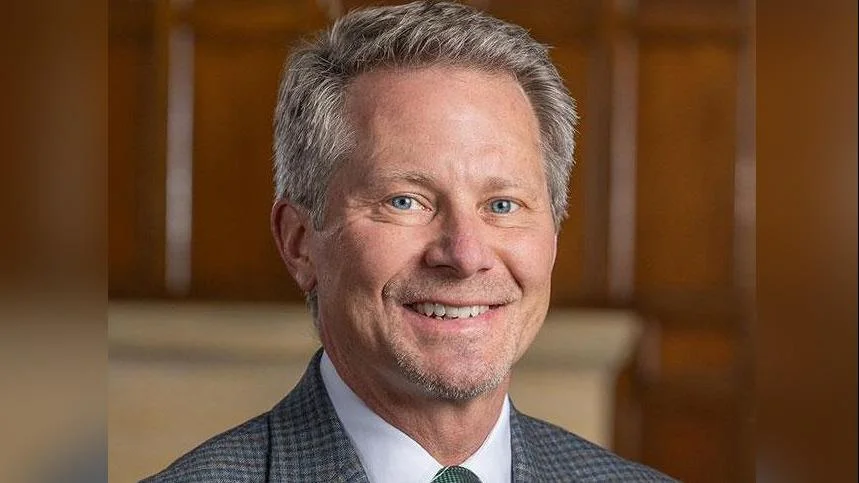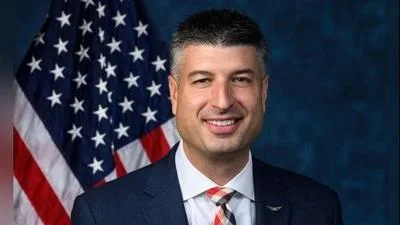Kevin M. Guskiewicz President at Michigan State University | Official website
Kevin M. Guskiewicz President at Michigan State University | Official website
Michigan State University (MSU) researchers have introduced a virtual reality (VR) curriculum designed to enhance the training of healthcare professionals and students in managing patients with tracheostomies and laryngectomies. This initiative aims to provide an immersive learning experience that bridges the gap between theoretical knowledge and practical application.
The project, led by Jeff Searl, a professor in the Department of Communicative Sciences and Disorders at MSU, is funded by the National Cancer Institute. It utilizes advanced technology from the entertainment industry to offer low-risk training environments for medical practitioners. Searl noted that traditional training methods often lack sufficient depth, leaving both students and experienced physicians feeling unprepared when dealing with these complex cases.
“The likelihood that medical students would actually get very much patient exposure to these kinds of unique groups of patients, such as those with a trach or a laryngectomy, is relatively small,” said Searl. He emphasized the importance of reducing psychological discomfort during initial learning experiences on live patients.
The VR curriculum was developed in collaboration with MSU's Games for Entertainment and Learning (GEL) Lab, headed by Professor Brian Winn and Professor Andrew Dennis. The team used game engines like Unreal Engine or Unity to create realistic simulations that maintain high visual fidelity while operating smoothly to prevent motion sickness.
“We’re trying to make it as real and as good-looking as possible,” said Dennis, highlighting the challenges of creating interactive VR experiences that work in real-time.
Kathryn Genoa-Obradovich, a doctoral candidate involved in the project, expressed enthusiasm about collaborating across disciplines. “It’s so cool to be able to work with the game design students... I would have never been able to collaborate with them without this,” she said.
The development process involved multiple stages of prototyping and feedback from healthcare faculty. “Week by week, we would feed them information and content," explained Searl. The final product includes modules covering anatomical knowledge and interactive patient scenarios.
Searl hopes to make this curriculum widely available through platforms like the Meta App Store, allowing global access for educational programs. “What we really hope will happen is that training programs at MSU... would have an instructor who knows about the app," he stated.
Looking forward, the GEL Lab envisions broader applications for VR in education and health care beyond current uses. “Collectively, we can design, develop and research to advance the field forward,” said Winn.





 Alerts Sign-up
Alerts Sign-up